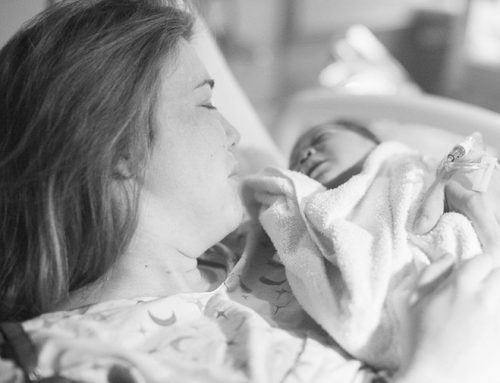Increasing Access to Evidence-Based Therapy for Perinatal Women: A Novel App-Based Approach
2024 Award: $64,840
Perinatal depression affects 1.4M Americans each year and is a leading cause of maternal morbidity and mortality, yet only 7% of those with perinatal depression are diagnosed and treated effectively. Barriers to high-quality, evidence-based care are too high. We have created an new, internet-based behavior therapy app to overcome barriers to care, but we need to determine whether it works to treat depression and whether women find the app usable and relevant to their care. In this study, we will test the efficacy, acceptability, and feasibility of this new behavior therapy app. Identifying a population-level, cost-effective, evidence-based behavioral approach to treating perinatal depression would reduce the global burden of illness and improve the lives of women and their children.
Need/Problem: Perinatal depression affects 1.4M Americans each year and is a leading cause of maternal morbidity and mortality. Psychotherapy is the first-line treatment for perinatal depression, and 90% of pregnant women with depression prefer individual therapy to group treatment or medication. However, fewer than 7% of those with perinatal depression receive effective treatment due to systemic barriers, including cost, limited number of mental health specialists, geographic distance from specialty clinics, scheduling challenges due to work-related and childcare demands, and stigma associated with seeking mental healthcare. Identifying a population-level, cost-effective, evidence-based behavioral approach to treating perinatal depression would reduce the global burden of illness and improve the lives of women and their children.
Grant Summary: We recently demonstrated that virtual behavior therapy is as effective as in-person treatment for depression. Because virtual therapy does not require healthcare providers for deployment, it can scale to meet the demand for perinatal mental health treatment at the population level. We will conduct a randomized, waitlist-controlled trial to evaluate the efficacy, acceptability, and reduced need for individual psychotherapy of a personalized, internet-based therapy app in 52 pregnant people. Our central hypothesis is that app-delivered behavior therapy is efficacious and acceptable for most women.
Goals and Projected Outcomes: We will 1) test the efficacy of our behavior therapy app, 2) establish the feasibility and acceptability of the app and identify areas for improved usability, and 3) determine the extent to which use of the app reduces the need for additional psychotherapy and healthcare utilization overall. The outcome of this project will be (1) a novel UNC/FOH-branded behavior therapy platform that can be deployed at scale to increase access to efficacious perinatal mental health treatment, and (2) data to support larger grant applications to determine efficacy during pregnancy and the postpartum period and examine infant outcomes.

Crystal Schiller, PhD
Grant Details: Pregnant women referred for care at UNC Hospitals will be eligible to participate in this study. Participants will be randomly assigned to receive immediate access to the app or a waitlist. Both groups will receive regular assessments of depression and other mental health symptoms and phone coaching with a member of the study team. The internet-based behavior therapy program will be deployed through a new app with content based on our 20 years of experience evidence-based behavior therapy techniques to treat perinatal depression. Those with severe symptoms will be monitored by Dr. Schiller and connected with acute care at UNC Hospital if needed. Depression symptoms will be assessed at the end of the eight-week treatment period and compared with those on the waitlist. Participant feedback about the ease of use and relevance to their symptoms will also be assessed.





